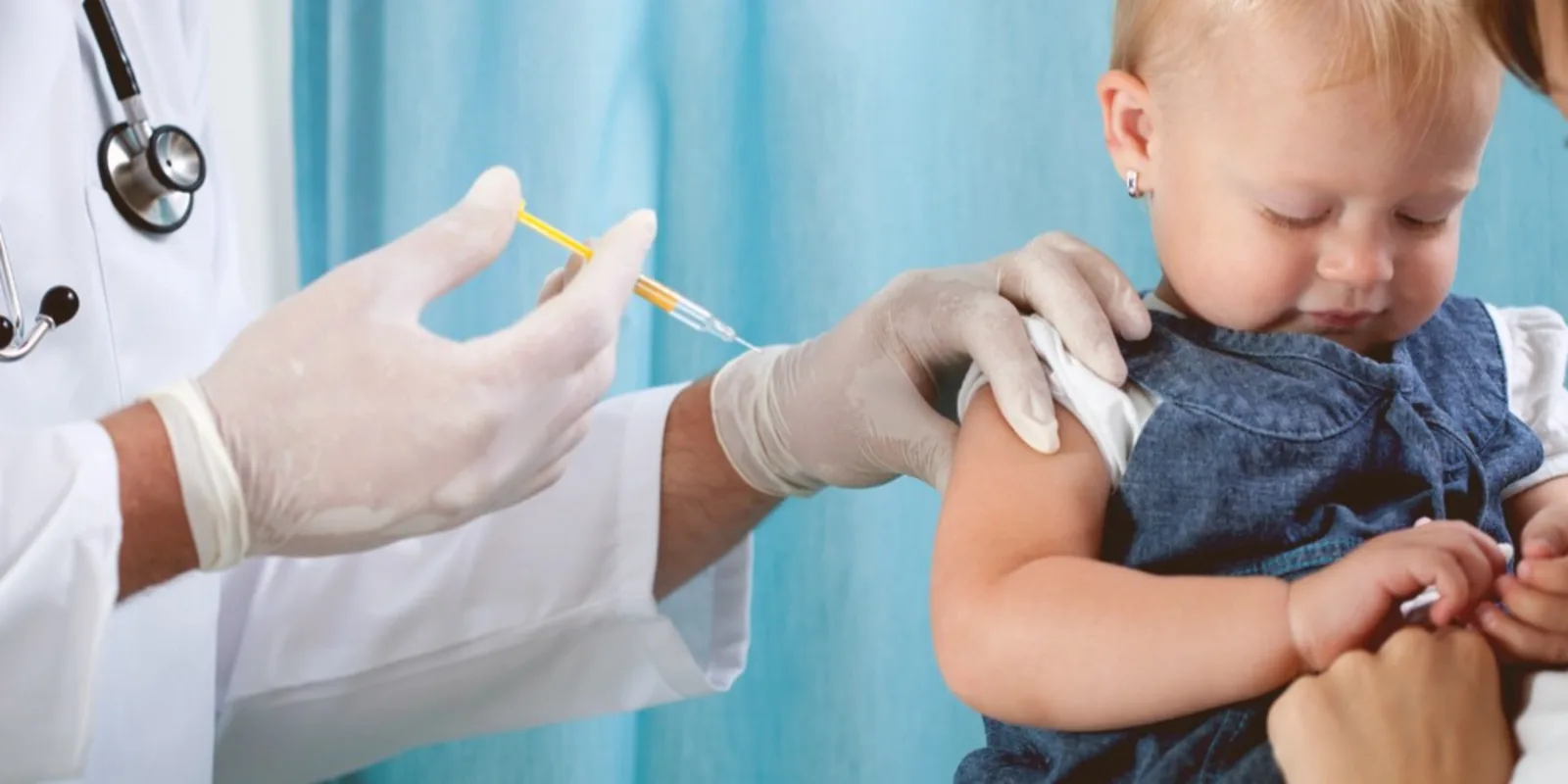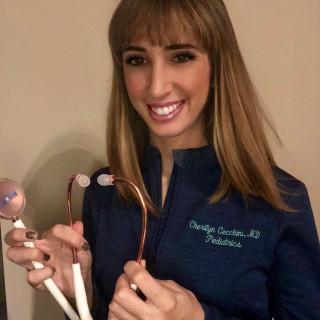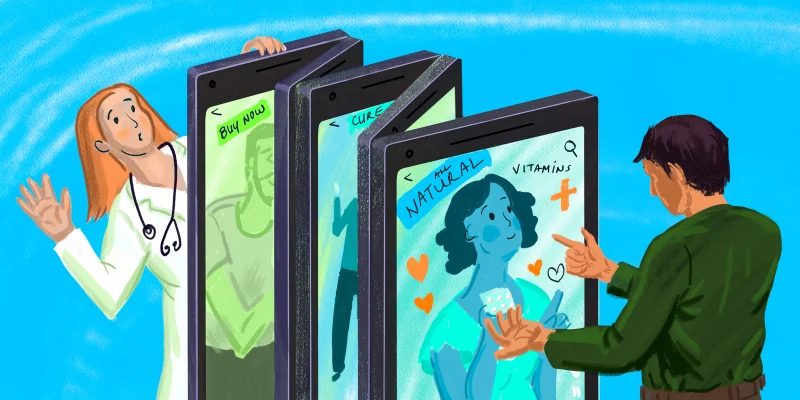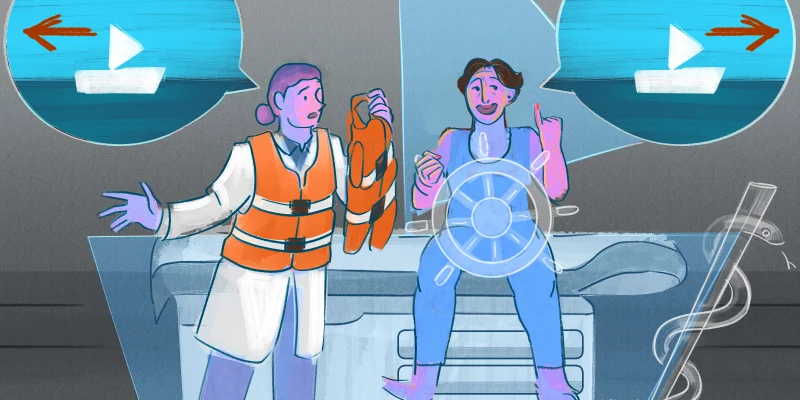
I was rotating through an infectious disease elective at an outside hospital during my fourth year of medical school when I encountered a startling situation. We were called to evaluate a patient who was suffering from an infection called Haemophilus influenzae. Now, I knew that most children were vaccinated against this pathogen, so I was surprised by the consult.
I was working on a team with three others: one attending, one fellow and another medical student. We donned our gowns and our gloves and we entered the intensive care unit. The sight before me is one that I will never forget. The child was connected to various tubes and lines in addition to a dialysis machine. I remember that she was unable to speak. The patient was suffering from septic shock leading to end organ renal failure. She was requiring various medications to maintain her blood pressure.
We sat down with her parents and discussed their stance on immunizations. We explained to them that she was suffering from a vaccine-preventable disease. They held firmly to their belief that immunizations were ultimately harmful and they did not want to expose this child or any of their other children to the ingredients contained in the various immunizations. Numerous healthcare workers spoke at length with the parents and tried to understand the fears connected to the specific ingredients or the vaccines. Everyone was unsuccessful in convincing the parents of the benefits of these immunizations.
It was a difficult scenario for me to witness, especially given that this child was near death from a preventable illness. This is the image that resonates with me when I counsel parents on vaccines as a young pediatrician today.
Another instance was a heartbreaking one in which I witnessed a young child contract and die from pertussis. The patient was too small to have received the immunization themselves, but they had been exposed to the pathogen after encountering an unimmunized child. The devastation in the parents’ eyes is something that I cannot justly describe here. I often will refer to this story when explaining to mothers and fathers that they are not only putting their own child at risk by refusing immunizations, but also other children.
I also share with them my own experience. I was late to receive the HPV immunization since my mother was concerned about potential side effects because the vaccine was relatively new when I was due to receive it. My pap smear later showed evidence of LSIL, which is often caused by exposure to HPV. I immediately chose to vaccinate myself to protect against exposure to additional strains. Thankfully, my infection cleared on its own, but everyone is not that fortunate.
So, I share this personal experience with my own patients to let them know that I understand the fears and I can empathize with their concerns. I also know, however, exactly what it is like to observe another suffer and nearly die from a vaccine-preventable illness having suffered from the consequences of a vaccine-preventable condition myself.
I hope that these stories enable parents to think critically about the importance of all vaccinations. I encourage parents to educate themselves on the risks and the benefits of immunizations. It is my feeling that the benefits far outweigh the risks.
Cherilyn Cecchini, MD, is a resident in general pediatrics at Children’s National Medical Center. With a future in hematology/oncology, her research interests include palliative care, communication during end of life care planning, and the concept of returning to normalcy near death. Dr. Cecchini has gained experience in narrative medicine by writing several pieces featured by the American Medical Women’s Association.







